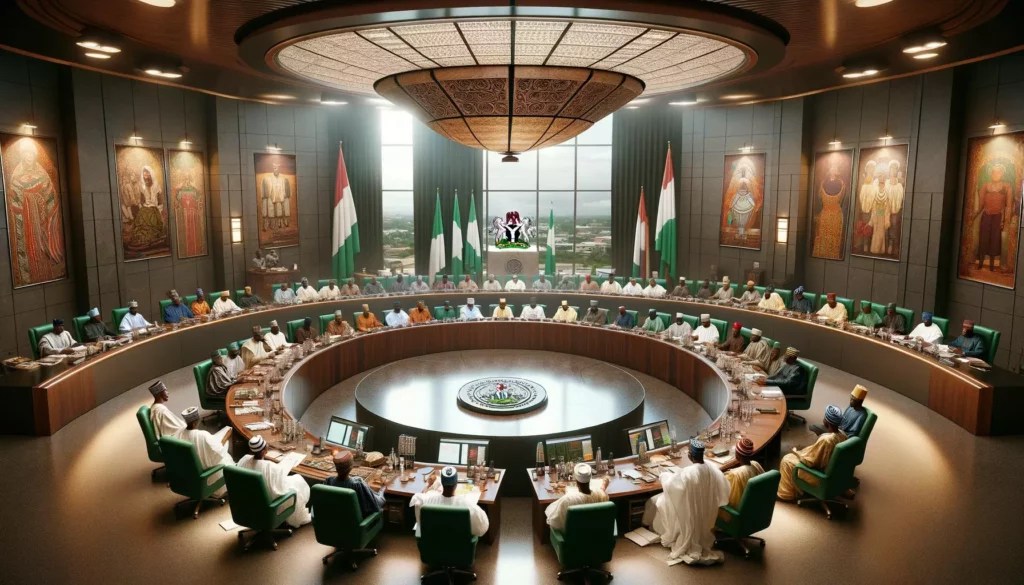The recent settlement between Binance and the U.S. Department of Justice has stirred up a hornet’s nest in Nigeria. The House of Representatives Committee on Financial Crimes has issued an ultimatum to Binance CEO Richard Teng, demanding his appearance before the committee by March 4th. This ultimatum comes on the heels of allegations of financial crimes, money laundering, and terrorism financing leveled against Binance. The committee’s chairman, Ginger Onwusibe, has warned that failure to comply with the summons would result in the committee invoking its constitutional powers and taking appropriate steps.
The committee’s resolve to combat financial crimes, especially those involving foreign companies like Binance, is underpinned by Nigeria’s constitutional mandate to protect its citizens. With allegations of terrorism financing, money laundering, and tax evasion swirling around Binance, the committee is determined to stem the tide of illicit financial activities. Nigeria’s already fragile economy, grappling with recession, is further burdened by the lack of tax contributions from companies like Binance. Despite servicing over 10 million Nigerian users, Binance has managed to evade taxes and establish a physical presence in the country, where users can seek recourse for grievances.
In a recent move, the Nigerian Communications Commission instructed telecom companies to block access to the websites of foreign crypto exchanges, including Binance, Coinbase, and Kraken. This crackdown on foreign exchanges underscores Nigeria’s commitment to curbing illicit financial activities within its borders. The detention of two Binance executives by Nigeria’s Department of State Security, along with the confiscation of their passports, signals a deepening investigation into Binance’s operations in the country. Governor Olayemi Cardoso of the Central Bank of Nigeria highlighted suspicious money flows through Binance Nigeria, indicating a lack of transparency in the exchange’s dealings.
Amidst mounting pressure, the Nigerian government has ordered Binance to pay a staggering $10 billion in compensation. The government’s allegations of manipulation of foreign exchange rates through currency speculation and rate-fixing have further muddied the waters for Binance in Nigeria. The BBC’s report on the government’s directive underscores the seriousness of the situation and the repercussions that Binance faces in the country.
The Binance controversy in Nigeria sheds light on the regulatory challenges facing foreign companies operating in the country. The allegations of financial crimes, money laundering, and terrorism financing have brought Binance under intense scrutiny by Nigerian authorities. As the investigation unfolds and the legal battle escalates, the outcome will not only have far-reaching implications for Binance but also serve as a cautionary tale for other foreign companies operating in Nigeria.


















Leave a Reply